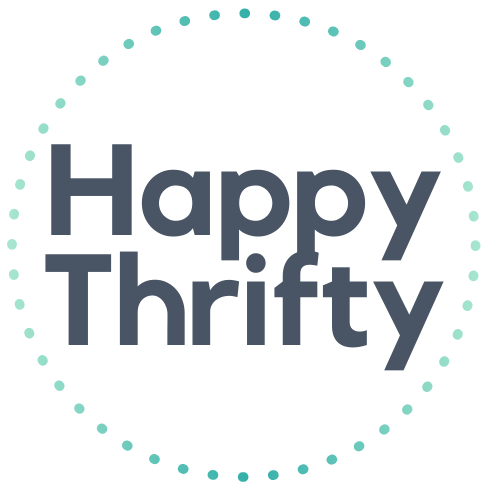I received my master’s several years ago and I still remember how stressful and nervous I was when looking at the college tuition bill I had to pay.
I was so stressed that I started to apply for different part-time jobs, but I got no calls or email back about my applications.
The second semester was coming and I knew I had to find something. I learned that the school will pay full tuition if I become a graduate assistant. So I applied to this position, but still got rejected in the first round. Long story short, after so many emails to a bunch of professors, I got a letter of approval. What a big relief!
But – I still owned the first full year of tuition, room, and board which was about $20k. I set this aside and managed to pay them off in the first year of my real office job.
To sum up, below are the things that I did to quickly pay off my school debt:
- I studied hard and got a tuition deduction (partial scholarship) in college because of my grade.
- I worked as a teaching and research assistant in college/graduate school. This helps a lot because they covered full-year tuition and provided me with a stipend.
- I applied for a bunch of other scholarships and I received a diversity scholarship from a different apartment.
- I took classes during the summer and maximize the credits I can take each semester. This helped me graduate and get a job faster.
- I did not buy textbooks unless it is necessary. I would check local libraries first, and If I had to buy, I ordered used textbooks from abebooks.com.
- I did not buy as much clothing as I used to. If I do, I bought it at H&M or at a thrift store. It was hard to do at first, but I found limiting my clothing makes my closet has more space and more organized.
- I moved out of a university dorm which cost me $4000 per semester to a way cheaper private dorm which was only $1500 per semester including food.
- I attended free events, and some of them offered free food.
- I went to the libraries a lot and took advantage of it (read for free and print on campus)
- For the weekend, I cook myself and stock up food from the cafeteria. I pack my lunch/dinner from the cafeteria and took them to the class/my student office so I don’t have to buy food outside.
- I had a checking account from the local bank, so no monthly fees.
- I did not own a car in the first year.
- I used studentuniverse.com to get cheaper flight tickets to my home country.
- I grocery shopped at Aldi since it is cheaper.
- if I needed to buy items, I looked for my credit card merchants first and tried to get some cashback.
- I shared a mobile plan with my family. Phone bills are seriously expensive in the US. Later on, I switched to a prepaid cell phone plan (H2O) which is a lot better option.
- I rarely eating out. I just don’t like eating out for some reason. First and foremost, we need to give tips, and also I found that sometimes I got disappointed with the food. I just love home cook meals.
- I always pay credit card bills on time to avoid late fees.
- I used my student ID to get discounts such as buying from Asian market groceries and goodwill. As a student, you can get free 6 months trial Amazon Prime Student.
- Since I was kinda broke, I rarely bought things unless they are necessary.
- I never did this, but my fiancee – Josh took community college classes and he was able to save thousands of dollars!
It might be worth checking this No-Essay scholarship. Who knows that you will be the lucky one!

Vi, a software engineer with a keen interest in personal finance, had planned to retire once she reached her lean FI/RE (Financial Independence/Retire Early) goal. However, after achieving the goal, she took few months of a mini-retirement filled with travel and adventure and decided to continue her career.
For the past five years, Vi has been using Personal Capital (Empower), a free financial tool. Her favorite features include the dashboard for net worth, allocation, and planning, which help track her FI/RE goal and keep those investment fees in check.